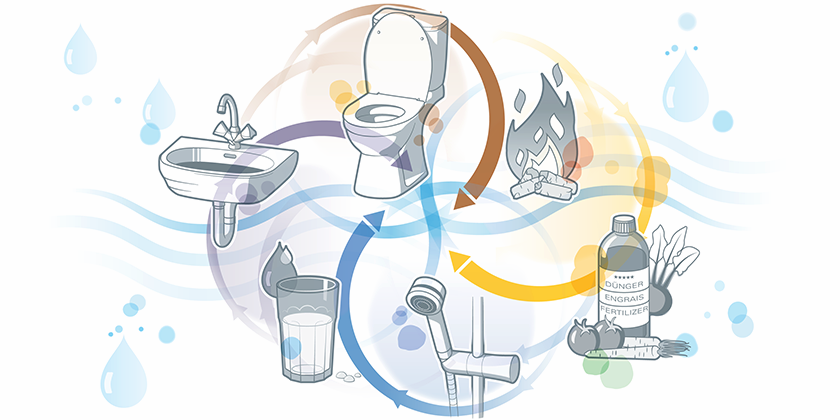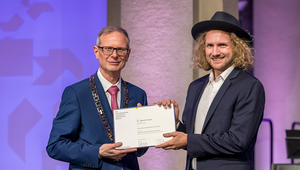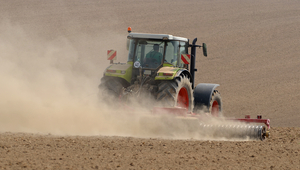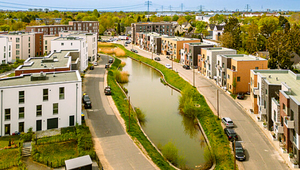Decentralised resource recovery from wastewater
The economical handling of resources is also becoming increasingly important in Switzerland. As has long been known from waste recycling, resources can also be efficiently recovered from wastewater. Eawag conducts interdisciplinary research into sustainable solutions that benefits both people and the environment.
The construction of sewage systems and wastewater treatment plants (WWTPs) for the central treatment of wastewater has enabled decisive progress in the last century for human hygiene and health, but also for the protection of the environment around cities and villages. However, this system consumes large quantities of water and makes it difficult to recover the reusable materials contained in the wastewater. Climate change, the high input of nutrients into the environment, the growing population as well as the massive loss of biodiversity are urging us to rethink the existing system. As hot periods become more frequent and rainfall precipitation shifts, large amounts of water are needed in increasingly populous cities. Valuable substances contained in wastewater, such as phosphorus and nitrogen, become problematic substances when they enter natural waters. At the same time, phosphorus has to be mined under environmentally harmful conditions and imported because it is needed as fertiliser in agriculture.
In addition to the protection of human health and water bodies, the more efficient utilisation of resources from wastewater is therefore an objective in wastewater treatment. One approach is to close the cycles of water, nutrients and energy as locally as possible. New technologies based on the concept of separation at the source allow the decentralised treatment of wastewater on site in the smallest possible space.
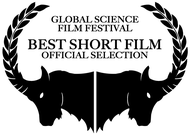
News
The Global Science Film Festival has nominated the short film «Verhebets? A Resource-Oriented Apéro» by Eawag junior researchers in the category "Best Short Film 2023".
Verhebts? A ressource-oriented Apéro
The connection obligation is a killer argument against the implementation of decentralised and resource-oriented sanitation systems. Besides, there is no implementation knowledge for such systems in Switzerland. Young researchers from the Wings program asked themselves, "Is this really the case"? In their new video project, they dispel myths surrounding resource-based sanitation systems.
News
Research priorities
In the inter- and transdisciplinary strategic WINGS research programme, the opportunities and challenges of non-network-based water and sewage systems are explored.
The Water Hub develops decentralised water and wastewater management in the NEST building of Eawag and Empa. The focus is on resource recovery and closing the cycles locally.
The NoMix approach to separating wastewater streams in toilets at source has been explored by Eawag researchers for many years.
Further projects for the decentralised recovery of resources from wastewater
Publications for practice
Scientific publications
Experts
Cover picture: Daniel Röttele/infografik.ch

